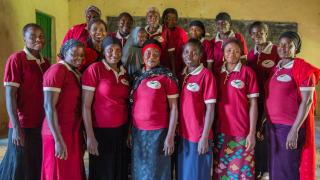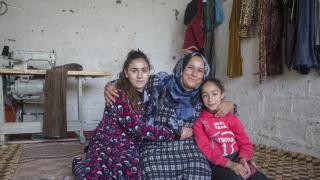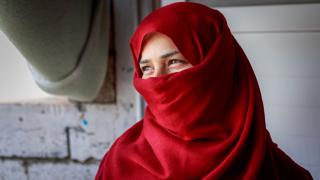Stronger together: Celebrating the power of women's cooperatives

In the communities where we work in rural Nigeria, poverty and gender discrimination mean that most women farmers can’t grow enough to sell and generate an income - they’re struggling just to feed themselves and their families each day. If they do go into business, women entrepreneurs face huge challenges and risks.
Cooperatives are powerful vehicles for women’s economic empowerment. By joining forces rather than operating alone, rural women can boost their productivity and incomes – and transform their lives.
I joined a women's farmers group where we take turns to assist one another on our farms. This was a huge turn around for my family and I.
Anthonia's story
Anthonia, age 45, is a graduate of our programme in Nigeria and president of the cooperative she formed with her classmates.
We bought 50 chickens and sold them at a profit of 38,000 Naira ($92). We now have 100 birds which we are planning to sell soon.
Investing in women's collective strength
continue reading
5 Facts About What Refugee Women Face
subtitle:
The amount of forcibly displaced people has reached a staggering number—over 114 million according to UNHCR—and the number only continues to increase. This World Refugee Day, learn about the state of refugees today.
World Refugee Week Reading List
subtitle:
In recent years, refugee literature has provided a way of educating the public about the truth behind the refugee experience. Women for Women International believes that knowledge is power, so check out our World Refugee Day Reading List to grow your awareness and understanding of the refugee experience for your own personal reading and to share with others.
Our CEO, Laurie Adams, reflects on meeting Raja, a courageous Iraqi woman and mother of five raising her children in a refugee camp in the Kurdistan Region of Iraq.



